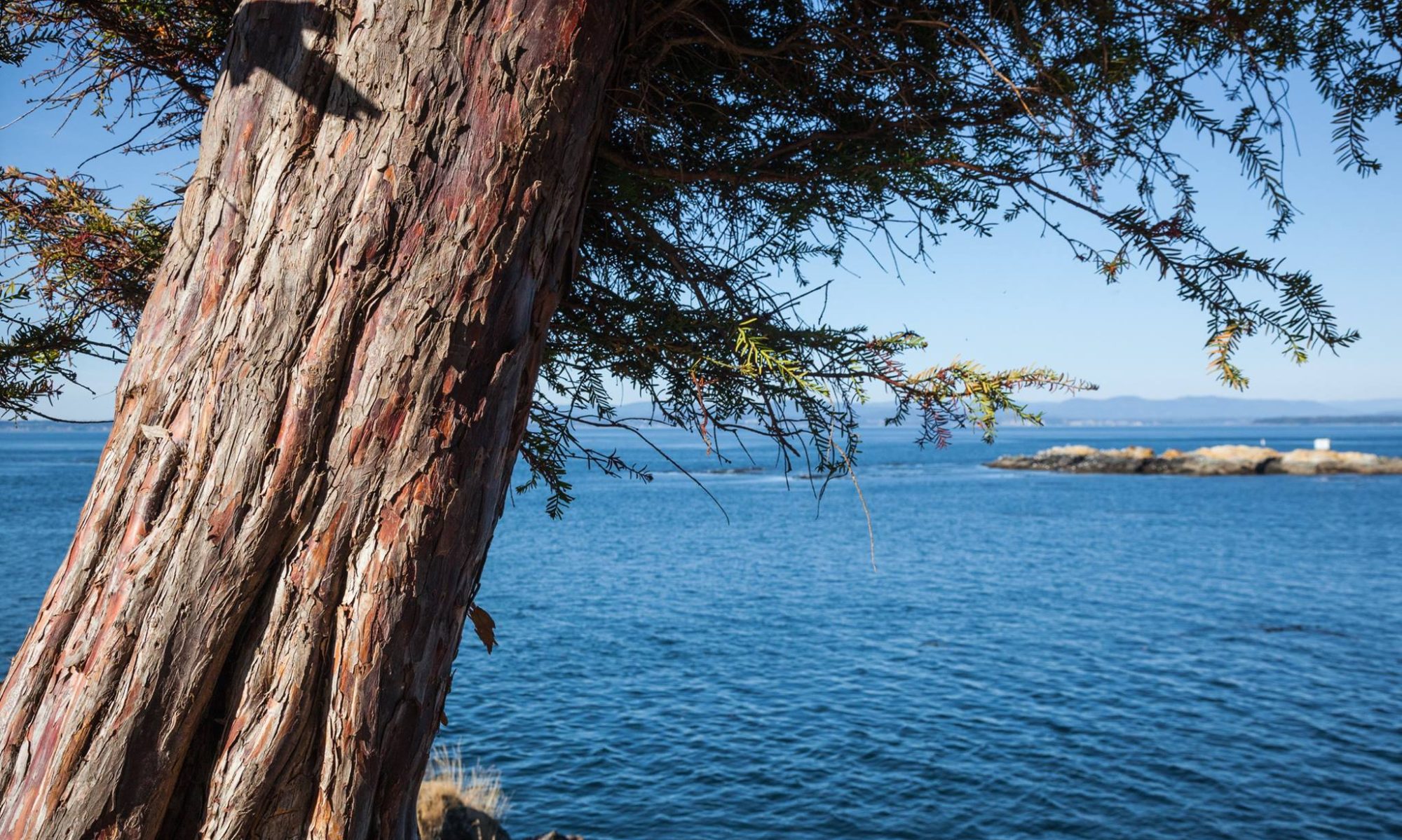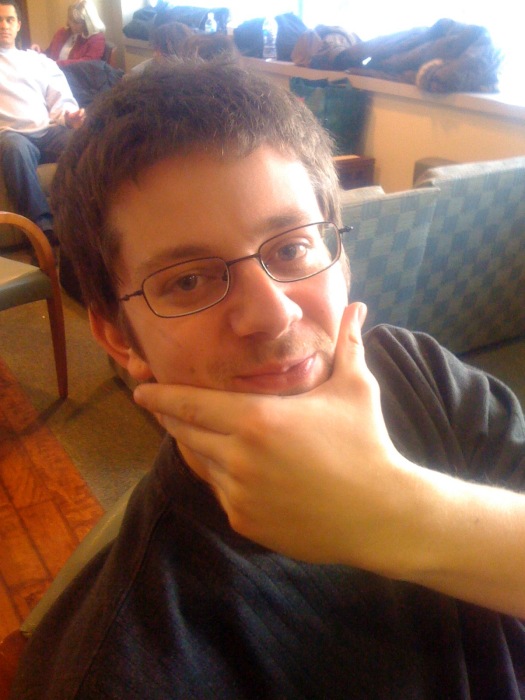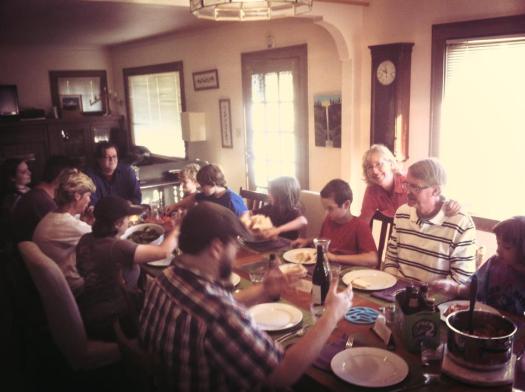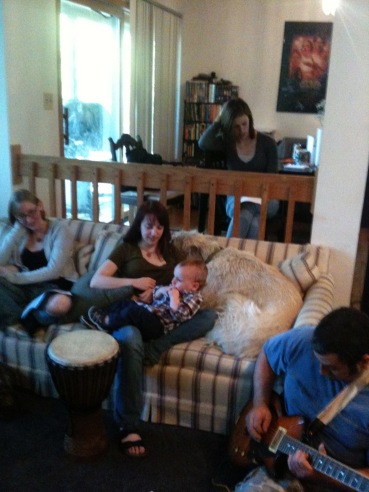I’ve read (or started reading) some books this January as part of my effort to read more. I’m going to give you some short reviews of what I’ve read so far. I’m also going to include my last book from December as well a few books I didn’t finish and I’ll describe why in the post. I’m simply going to do this in the order I read them and give some thoughts on each. Also I’ll post Amazon links for each book, but I highly recommend you use your local library or support your local independent bookstore (or even any physical book store) if you are able. Here in Portland, I love shopping at Powell’s Books!
Pale Blue Dot
Carl Sagan

Pale Blue Dot is a classic astronomy book written by the legendary Carl Sagan. Carl’s contributions to modern astronomy and cosmology can not be understated. Just take a quick glance at his Wikipedia page. He was the face of science to millions of people and for a very good reason, he knew what he was talking about, and was passionate about it. In Pale Blue Dot he is able to communicate the history of our understanding of the cosmos in a way that connects with the average person. This book is written for everyone, not just us geeks and nerds. It is a bit dated, as many of the “future” space programs he describes have already happened. But that is amazing in itself, as he accurately predicts sending rovers to Mars and our current race to send humans to Mars.
The book is based off the Pale Blue Dot image, which wouldn’t exist if Carl hadn’t insisted on it. He wanted to show the world the largeness of space and the smallness and vulnerability of Earth. With the image and book he succeeds in doing that for the average reader. I utterly enjoyed this book and could not put it down. It was extremely fascinating and I greatly deepened my own understanding of human efforts to learn about space. If you are a fundamentalist Christian, or believe strongly in a personal God that created the Earth just for us, this book will challenge your faith a bit, but it does so in respectful way asking big questions that each of us should absolutely take the time to ponder. If you have never read this classic and are at all interested in science, go read it! What are you waiting for?
A Universe From Nothing
Lawrence M. Krauss
i
A Universe from Nothing dives much deeper into one area of cosmological science than Pale Blue Dot. It gets deep in the physics of how the Universe came to be, as best as we can currently understand. And as far as I understand this book is very current and is based on some recent breakthroughs in our understanding of physics. I love cosmology and physics, but I’ve never taken any classes on either outside of high school, so my knowledge isn’t very deep. I was able to understand the concepts laid out in the book pretty well thanks to the wonderful illustrations. If you are curious about the age, formation, and shape of the universe and how we came to our current models, then you will enjoy this book.
My only complaint is that the author, Lawrence Krauss, is extremely snarky to the point of being rude. I was upset at some of his comments (added in parenthesis) throughout the book implying that all people from certain states are clearly idiots due to their substandard education, and insinuating that people with any form of faith or belief in a greater power are also clearly misguided fools (the Afterword by Richard Dawkins should have tipped me off). The book overall had nothing to do with belief or atheism, but he added that in here and there and I think it detracts from the book overall. Despite that I’d still highly recommend it to someone with an interest in cosmology or physics.
Walkable City
Jeff Speck

As a Portlander its very hard not to love this book. Author Jeff Speck consistently hails Portland as one of the best examples of walkability in the United States (alongside New York City). This book is really aimed at city officials who are using flawed logic and and outdated regulation to design their cities infrastructure, but anyone who cares about transportation, climate change, or local politics should read this book. It outlines in ten very clear points what to change and work on to make a city more walkable and how important that is to the health of individuals, a downtown’s economy, and our global climate.
Some of the changes Jeff suggests are ones most people would immediately agree with and understand, like valuing bikes, and making sidewalks feel safe, others are little outside what most people would consider good city design, removing lanes, allowing mixed use lanes, and avoiding one way streets, but the author very easily and strongly makes his case for each idea and gives clear examples of it working. The book is written in a way that is very inspirational, and I’ve started walking much more becuase of it (and in the cold wet winter)! Another book I could hardly put down and a good read for anyone living in a city or decent sized suburb (which is almost all of you).
The Happiness Project
Gretchen Rubin

I could say a lot about this book, but I will do my best to keep it to a few paragraphs. First the good. Gretchen starts the book by recognizing that she’s not living life to the fullest and pondering on what she could change to feel happier in her daily life. She doesn’t want a radical life change, but wants to find more happiness right in her everyday, her home, her kids, her job, her friends, etc. This is a noble pursuit and one I think more people could benefit from. I was laughing so hard and how she went about this goal by making charts and action points. At one point she has a conversation with her sister that was a little too real to me, where her sister called out her very strange way of categorizing life and happiness into a “resolution chart” to be worked though. I wondered if she was an INTJ like me, as I would do something like that. I totally got it, and I have a feeling if I explained a project like that to my sister I’d get a similar response. Gretchen’s personality is similar to my own and I loved that.
The book is organized into months, as she decided to focus on a different area of her life each month. Some of these spoke more to me than others, especially the ones focused on relationships. Her goal to nag her husband less and her resolution to have more fun with her kids are both things I immediately felt I could do as well in my day to day life. Her style of writing is engaging for the average person, but the book is a bit longer than it needs to be. I found some chapters to be a bit repetitive. I also found the book hard to stomach at time becuase of how privileged she is. She lives in a walkable area with lots of family and friends nearby, she has a well paying flexible job and is able to buy things to help with the project. I don’t have a lot of those things and struggle to afford groceries right now, so I found the chapters on money and work to be pretty frustrating. Her advice is great, if you are in a similar enough life situation. If your income isn’t high enough there are lots of suggestions she makes that you simply won’t be able to do right now, and to her credit she acknowledges that. Gretchen also comments on how she’s never had to deal with mental illness, which was another hang up I had, as someone who’s experienced long bouts of crippling anxiety, happiness takes on a different meaning these days.
All of that being said, I was inspired enough to write down a few of my own resolutions after reading this book, so the outcome was overwhelming positive for me despite the frustrating parts of her story of privilege.
My resolutions were: have friends over for dinner at least once a month (and build relationships), work on Stronger Skatepark every weekday, focus on the positive, talk about the negative only if you are seeking to help improve something, be active (exercise) everyday, ride my bike when it is a practical option (instead of driving), listen better and focus on what other people are saying, write, track my food.
The Stuff of Thought
Steven Pinker

This was a random find at the library (where as all the previous books were on my reading list). And the first chapter captivated me, but the second lost me. This a deep book, written for those with a deep understanding of language. Steven knows his stuff, to a level thats hard for me to comprehend. I could never diagram sentences in school, and this book gets pretty deep into sentence structure and how we somehow intuitively know which verbs work in which constructions. One of my skills is exactly what he describes. I’ve always had a knack for writing in a readable way, I just know how to do it. I was never taught. When he starts to explained each type of verb and the way researchers came to understand how we use them, I checked out. I deeply wanted to keep reading and understand but I was getting so little out of so much time put into it, that I decided to move on.
The Sin of Certainty
Peter Enns

I’ve heard Peter Enns speak on Podcasts before and I always love what he has to say about the Bible and Faith. He is a wonderful scholar and speaker and makes the Bible accessible to us crazy progressive Christians who sometimes struggle in our relationship to this text. I loved the beginning of the book, he tells his own story of doubt and how that changed his life and put his career on a new track. Peter then explains how our obsession with working out perfect beliefs can actually be damaging to our faith in the long term (which I’ve experienced first hand), but I found the book over all to be slow moving, and just barely scratching the surface of so many things I had already worked though that I got bored. I read half the book and kept saying to myself, “Yeah… and?” becuase I felt he could have gone so much deeper. I felt similarly about the last Rob Bell book. I want books that challenge me to think in new ways, and this just didn’t scratch that itch for me so I returned it only halfway finished so I could move on to the next book.
This book would be excellent for someone who is just starting to question fundamentalism, but doesn’t want to give up on Christian faith completely. I wish I had this book in 2008 or 2009 it would have been perfect as I was first doubting the things about God I had been taught were facts, that really stand on shaky ground. But its ok, its ok to not be sure of everything involving God and thats what Peter is trying to communicate to people.
One of the things I decided to do when I took up the challenge of reading more (a goal of a book a week) was to give myself permission to stop reading books that weren’t grabbing my attention. I didn’t want to waste time feeling bored and stuck and I ended up doing that with two books in a row! But I’m so glad I did becuase Ace and I recently had a date night where we spent the evening browsing at Powell’s Books flagship location, which they claim to be the largest bookstore in the world. I found a lot of books that grabbed me, and bought two.
The book I’m currently reading, How God Changes Your Brain, has me in its clutches. I can’t wait to get back to it. I wouldn’t be so excited to read today if I hadn’t let go of the books that I wasn’t finding fun. I would still be bogged down in The Stuff of Thought dreading my next reading session. So give yourself permission to let go of things that aren’t serving you, its ok to admit that a book (or movie, or habit, or practice) isn’t for you right now. It makes more space for wonderful things that can make your life better!









